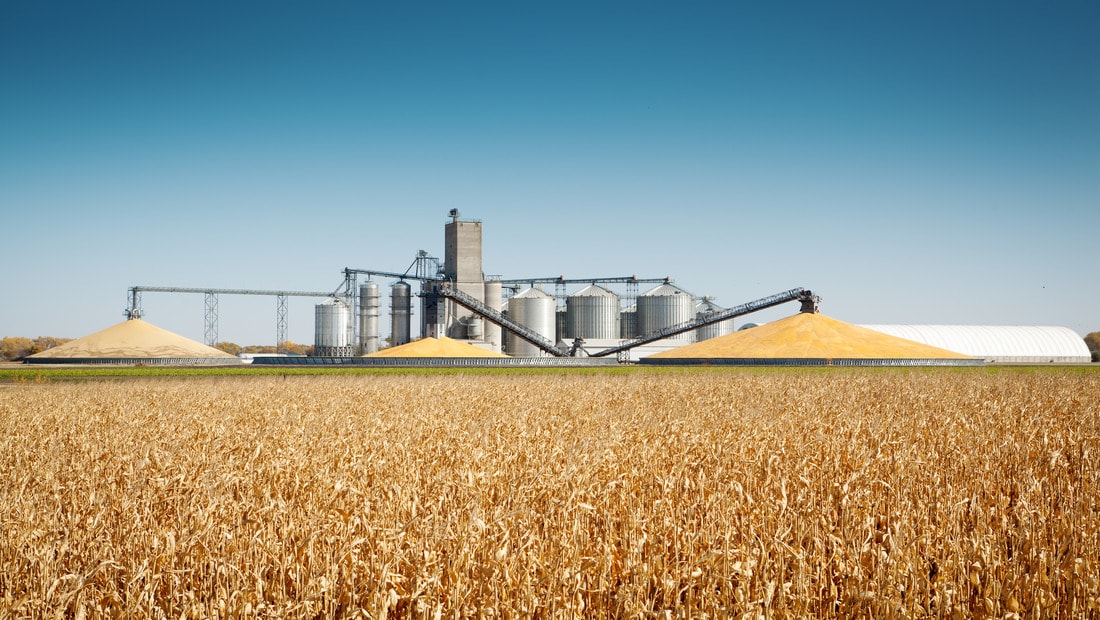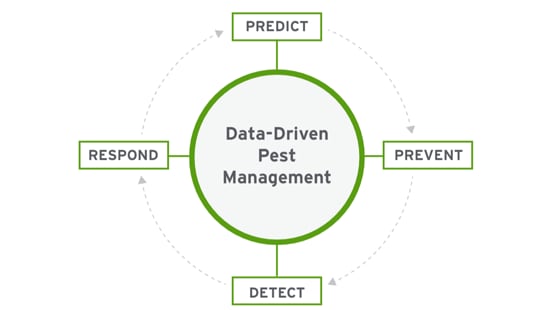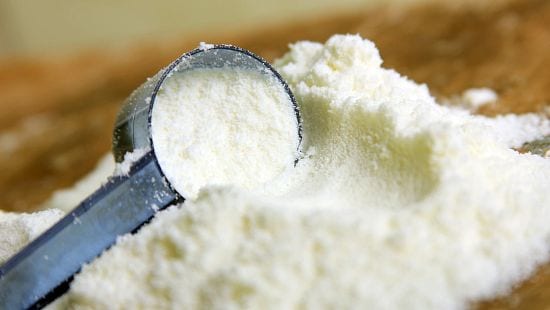Protecting What's Vital: The Importance of Integrated Pest Management in the Food and Beverage Industry
Integrated Pest Management (IPM) is an essential component of any successful pest control program.

Integrated Pest Management (IPM) is an essential component of any successful pest control program, particularly in the food and beverage industry where maintaining cleanliness and quality is of utmost importance. Perry Nettles, an esteemed regional manager with Ecolab's Specialty Pest Services, has dedicated nearly three decades to safeguarding businesses from the challenges posed by pests.
Nettles' expertise stems from his early career in sanitation at a food and beverage plant, where he oversaw fumigation and pest control activities along with day-to-day cleaning operations. Today, he utilizes his wealth of experience to provide valuable insights and solutions to Ecolab's food and beverage customers.
According to Nettles, pest elimination, including fumigation, goes beyond simply eradicating pests. It is about addressing the toughest challenges faced by customers through a reliable partnership founded on deep expertise and scientific knowledge. One of Nettles' favorite responsibilities is coordinating fumigation and microbial decontamination services across the food supply chain, ensuring that customers' pest challenges are effectively addressed nationwide. With a team of skilled specialists, Ecolab has the knowledge, flexibility, and reliability to protect what's vital: your business.
In recent times, industry professionals have encountered issues associated with entrapment during fumigation operations. To mitigate this risk, Nettles advises against entering a bin for fumigation unless absolutely necessary. Additionally, traditional pellet-based fumigants can pose a fire hazard and require careful handling and storage. To address these concerns, the industry has embraced cylinderization, a method where a fumigant gas is injected into a bin using a machine. This approach offers safer application from outside the bin, albeit with slightly higher costs. Nonetheless, safety considerations typically outweigh the additional expenses.
Another emerging trend that Nettles highlights is remote monitoring. Fumigants must remain in the bin for a specific duration to ensure efficacy. With remote monitoring, professionals can conveniently check gas readings in real-time from a smartphone. This advancement allows for faster reactions if gas levels fall, representing a significant improvement in fumigation and microbial decontamination practices.
Regulatory changes pertaining to the use and transport of fumigants have necessitated registration with the Department of Homeland Security for facilities involved in fumigation. Consequently, more businesses are opting to outsource the entire fumigation process to avoid the risks and regulatory complexities associated with in-house operations. This shift reflects the increasing importance of expert pest control services to ensure compliance and maintain a safe working environment.
Ultimately, the success of any pest control program in the food and beverage industry hinges on a strong foundation based on integrated pest management. Perry Nettles and Ecolab's Specialty Pest Services exemplify this approach, protecting businesses by offering deep expertise, science-backed solutions, and a commitment to safeguarding what's vital. By staying updated on industry trends, adapting to new technologies like cylinderization and remote monitoring, and adhering to evolving regulations, Ecolab ensures their customers receive the most effective and reliable pest control solutions. With the foundation of integrated pest management firmly in place, businesses in the food and beverage industry can thrive and protect their valuable assets, giving them the peace of mind they deserve.
More Resources

A New Era of Best Practices: Data-Driven Pest Management
The New Era blueprint is looking for food producers to implement technologies that enable smarter, more data-driven prevention and risk response in all aspects of food safety, including pest management.

Establish a Sanitation Break: Supporting a Holistic Food Safety Program with Microbial Decontamination
Join Erin Mertz and Joy Herdt for an engaging webinar on the role environmental decontamination can play as part of a broader food safety strategy. We know food safety in a processing environment is crucial for product quality and consumer trust. Learn about the effectiveness of chlorine dioxide as a decontamination agent and hear about different use cases for a variety of environments.
Ready to Contact Ecolab’s Specialty Pest Services Team?

Ecolab Pest Fumigation Services
Your dedicated fumigation experts. Ecolab Specialty Pest Services, a dedicated team of fumigation experts within Ecolab Pest Elimination, combines smart science, deep expertise, and nationwide coverage to solve your toughest pest problems.

Ecolab Microbial Decontamination Services
Whether you need an emergency response or a preventative program, establish a sanitation break with Ecolab Microbial Decontamination Service, an antimicrobial fumigation service for fast, verified sterilization.


